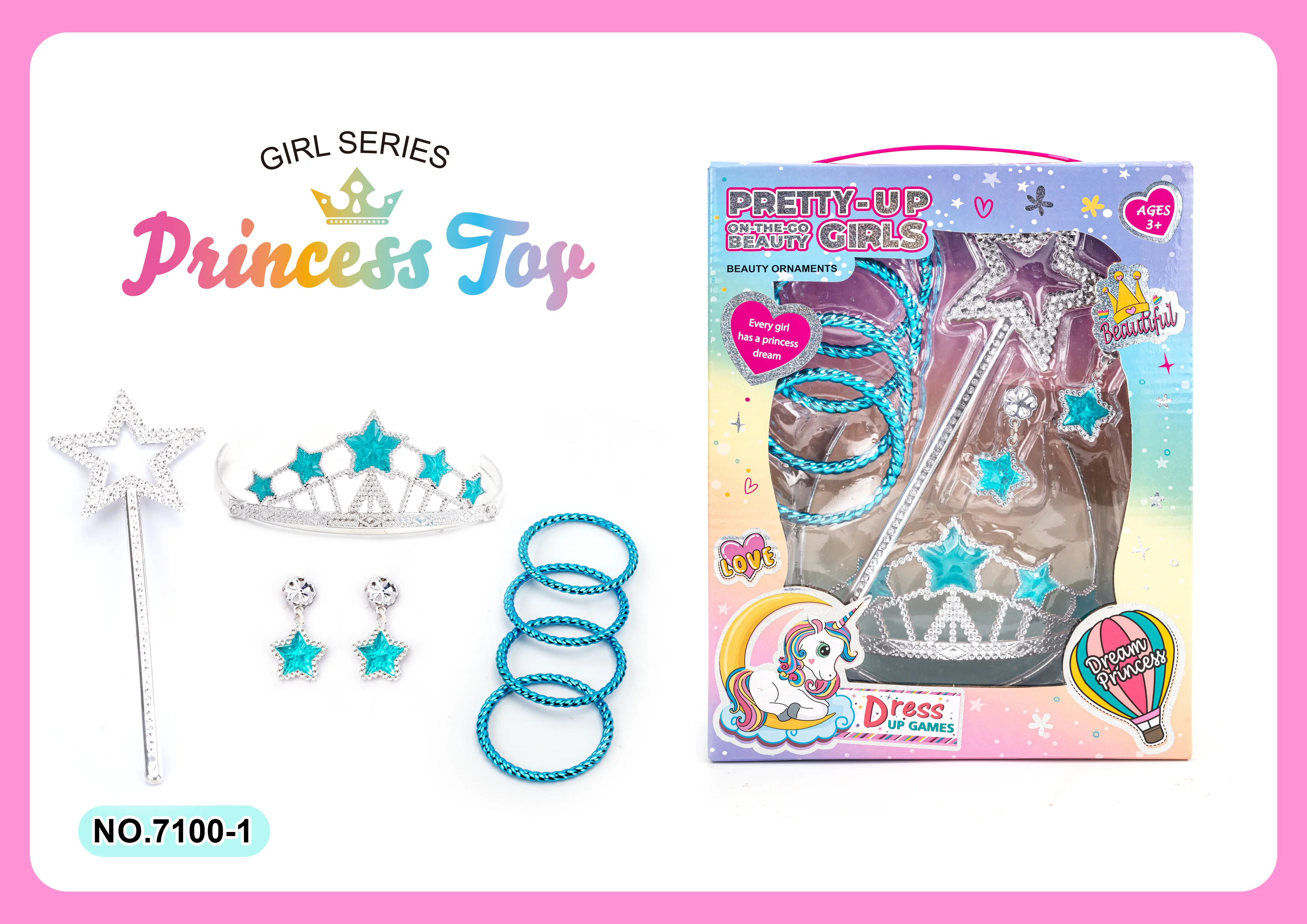When it comes to household appliances, dishwashers are often hailed for their convenience and efficiency. However, like any mechanical device, they are not immune to wear and tear. Understanding the most common components that tend to break can save homeowners both time and money in repairs. In this article, we will delve into the intricacies of dishwasher functionality, identify the most frequently failing parts, and provide practical tips for maintenance and troubleshooting.
The Anatomy of a Dishwasher
Before we explore the common failures, it’s essential to understand the basic components of a dishwasher. A typical dishwasher consists of:
- Water Supply System: This includes the inlet valve and water pump, responsible for drawing water into the machine.
- Heating Element: This component heats the water to the required temperature for effective cleaning.
- Spray Arms: These are responsible for distributing water throughout the dishwasher during the wash cycle.
- Drain System: This includes the drain pump and filter, which remove dirty water after the wash cycle.
- Control Panel: The brain of the dishwasher, which manages the various cycles and settings.
Common Failures in Dishwashers
- Water Inlet Valve Malfunction
The water inlet valve is a critical component that controls the flow of water into the dishwasher. Over time, mineral deposits can accumulate, leading to blockages or leaks. A malfunctioning valve can result in insufficient water supply, causing poor cleaning performance. Homeowners should regularly inspect the valve for signs of wear and consider descaling it periodically to prevent buildup.
- Heating Element Failure
The heating element is vital for ensuring that water reaches the optimal temperature for effective cleaning and sanitization. If the heating element fails, dishes may come out dirty or not properly dried. Signs of a failing heating element include a lack of hot water during cycles or a noticeable increase in drying time. Regularly checking the element for corrosion or breaks can help catch issues early.
- Clogged Spray Arms
Spray arms are designed to distribute water evenly throughout the dishwasher. However, food particles and mineral deposits can clog the spray holes, leading to uneven cleaning. Homeowners should remove and clean the spray arms regularly to ensure optimal performance. A simple rinse under warm water can often dislodge any debris.
- Drain Pump Issues
The drain pump is responsible for expelling dirty water from the dishwasher. If the pump becomes clogged or fails, water may not drain properly, leading to standing water at the bottom of the unit. Regularly checking the filter and drain area for blockages can prevent this issue. If the pump is noisy or not functioning, it may need to be replaced.
- Control Panel Failures
The control panel is the interface through which users select wash cycles and settings. Electrical issues, such as faulty wiring or a malfunctioning circuit board, can lead to control panel failures. Symptoms include unresponsive buttons or erratic cycle behavior. If the control panel is not functioning correctly, it may require professional diagnosis and repair.
Preventative Maintenance Tips
To prolong the life of your dishwasher and minimize the risk of common failures, consider the following maintenance tips:
- Regular Cleaning: Clean the filter, spray arms, and door seals regularly to prevent buildup of food particles and grime.
- Use Quality Detergents: High-quality detergents can help prevent mineral buildup and improve cleaning efficiency.
- Check Hoses and Connections: Inspect hoses for leaks or cracks, and ensure all connections are secure.
- Run Hot Water Before Starting: Running hot water in the sink before starting the dishwasher can help ensure that the appliance begins with hot water, improving cleaning performance.
- Schedule Professional Inspections: Consider having a professional inspect your dishwasher annually to identify potential issues before they become major problems.
Conclusion
Understanding the most common components that break in a dishwasher can empower homeowners to take proactive measures in maintenance and troubleshooting. By being aware of these vulnerabilities and implementing regular care routines, you can enhance the longevity and efficiency of your dishwasher, ensuring that it continues to serve you well for years to come. Remember, a little preventive care goes a long way in avoiding costly repairs and keeping your kitchen running smoothly.




